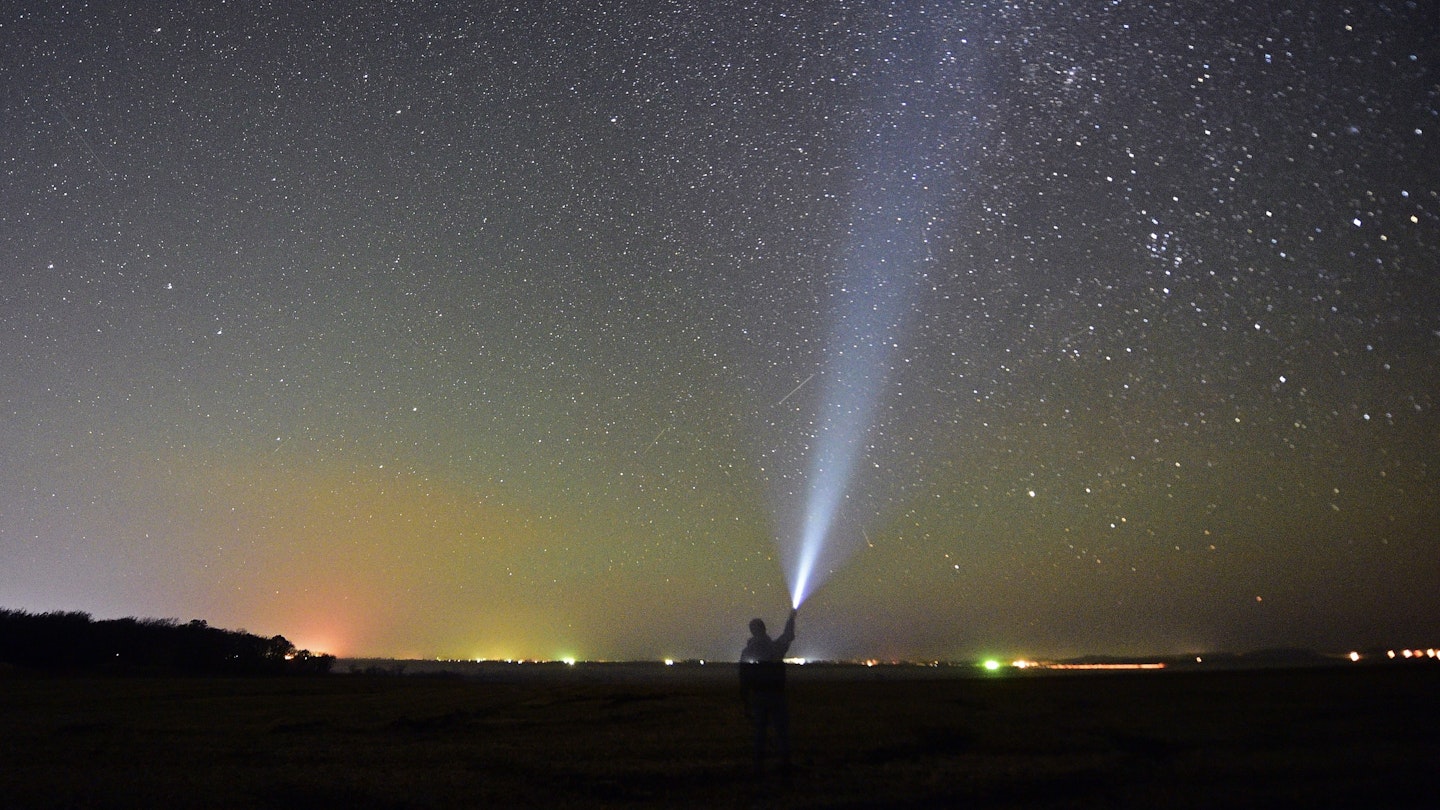
This incredible meteor shower will be visible in October
Oct 1, 2020 • 1 min read

The meteors radiate from the Orion constellation © Yuri Smityuk/TASS via Getty Images
Halloween fireworks won't be the only things illuminating the atmosphere this month, as shooting stars are also set to light up the sky in the coming weeks. The annual Orionid meteor shower will occur from around 2 October to 7 November, and gets its name because the meteors radiate from the Orion constellation.
Meteors in annual showers are named for the point in the sky from which they appear to radiate. During the Orionid shower, Earth passes through the stream of debris left behind by Comet Halley, Orion's parent comet. Around 10 to 20 shooting stars streak through the night each hour at the peak of the shower, although up to 70 per hour have been recorded during the shower’s strongest years.
There will be a rare blue moon on Halloween this year
According to , the fast-moving Orionids usually put out the greatest number of meteors in the hours before dawn, and the expected peak morning is 21 October. They move at a speed of 41 miles per second, and can be very bright and break up into fragments. They leave behind a trail that stays in the sky for up to a minute, but are best viewed from a dark sky location, when the moon is out of the way.

Earthsky advises hopeful stargazers to look up at the Betelgeuse star in the Orion constellation, and the radiant will be north of it. We can remain hopeful for a good show this year because the waxing crescent moon will set at early-to-mid-evening, rendering the sky dark. The shower is expected to be brightest between midnight and dawn.
You might also like:
The Pacific island of Niue is the first whole country to become a dark sky nation
This Italian town is the perfect spot for stargazing
Explore related stories






 Hotels10 incredible branded hotels that have boutique hotel vibes for 2024
Hotels10 incredible branded hotels that have boutique hotel vibes for 2024Nov 1, 2024 • 9 min read

 Destination PracticalitiesThe 10 dishes you must try in Detroit right now – and where to try them
Destination PracticalitiesThe 10 dishes you must try in Detroit right now – and where to try themNov 1, 2024 • 8 min read

